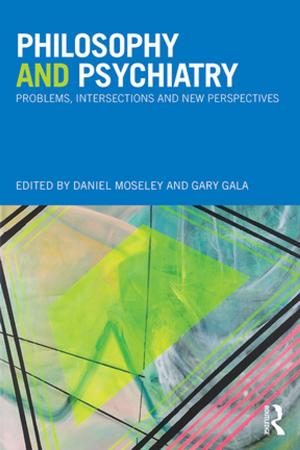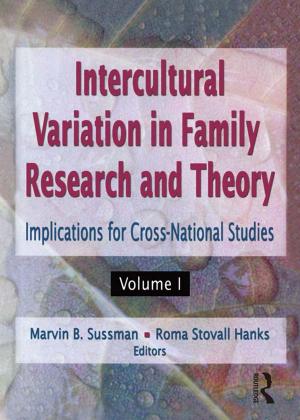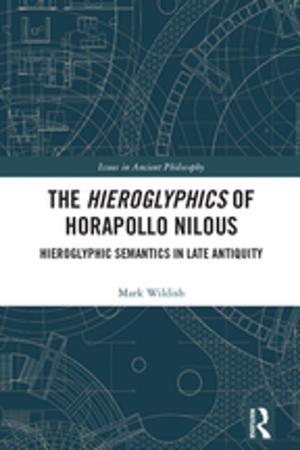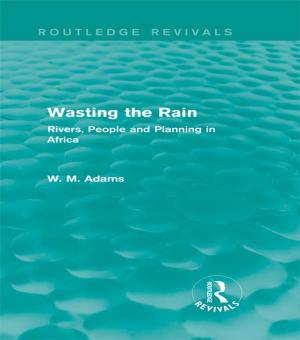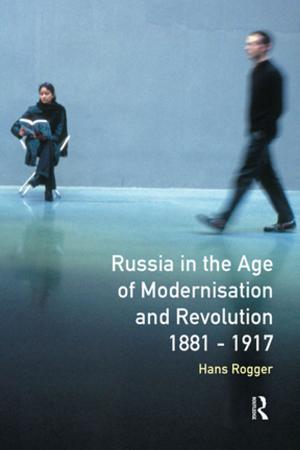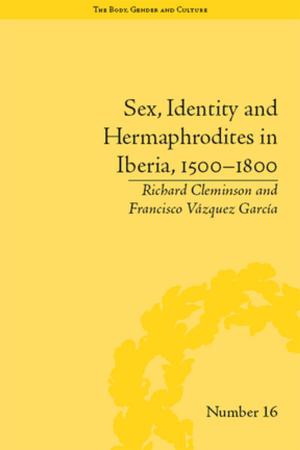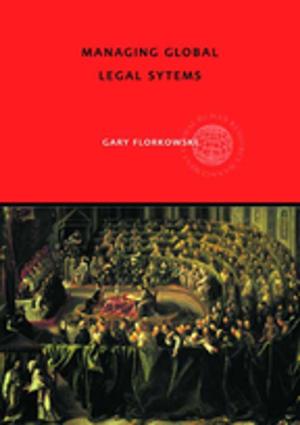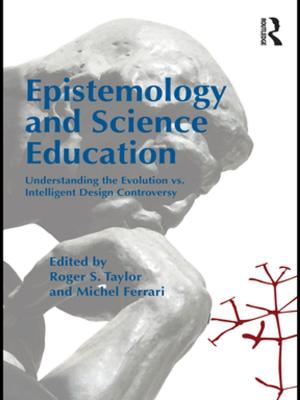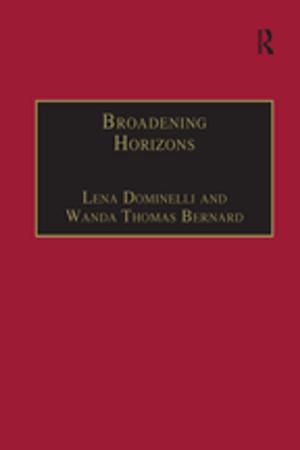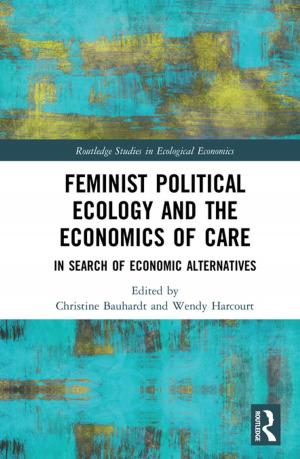Community and Trinity in Africa
Nonfiction, Religion & Spirituality, Christianity, General Christianity, Theology| Author: | Ibrahim S. Bitrus | ISBN: | 9781315283111 |
| Publisher: | Taylor and Francis | Publication: | July 31, 2017 |
| Imprint: | Routledge | Language: | English |
| Author: | Ibrahim S. Bitrus |
| ISBN: | 9781315283111 |
| Publisher: | Taylor and Francis |
| Publication: | July 31, 2017 |
| Imprint: | Routledge |
| Language: | English |
Community and Trinity in Africa recasts the African tradition of community from a theological perspective. Ibrahim S. Bitrus explains the new Trinitarian hermeneutics of God as the fundamental framework for constructing an authentic African tradition of community.
The book explores the tripartite structural evils of the patriarchal tradition, the Big Man/Woman syndrome, and ethnic-religious nepotism, which distort the African tradition of community. It analyzes Trinitarian proposals that liberate the distorted African tradition of community and concludes that an authentic African tradition of community is one that embodies individuality without libertarian individualism, communality without patriarchy, and mutual multi-ethnic and religious relations without nepotism and domination.
Arguing that the communion of the Triune God is not a moral ideal, but a gift for restructuring the church and society, this book is an essential read for scholars of African Christianity and Christian theology.
Community and Trinity in Africa recasts the African tradition of community from a theological perspective. Ibrahim S. Bitrus explains the new Trinitarian hermeneutics of God as the fundamental framework for constructing an authentic African tradition of community.
The book explores the tripartite structural evils of the patriarchal tradition, the Big Man/Woman syndrome, and ethnic-religious nepotism, which distort the African tradition of community. It analyzes Trinitarian proposals that liberate the distorted African tradition of community and concludes that an authentic African tradition of community is one that embodies individuality without libertarian individualism, communality without patriarchy, and mutual multi-ethnic and religious relations without nepotism and domination.
Arguing that the communion of the Triune God is not a moral ideal, but a gift for restructuring the church and society, this book is an essential read for scholars of African Christianity and Christian theology.

